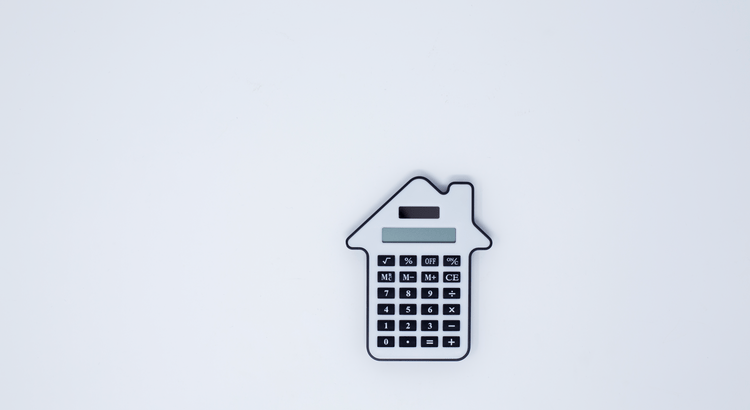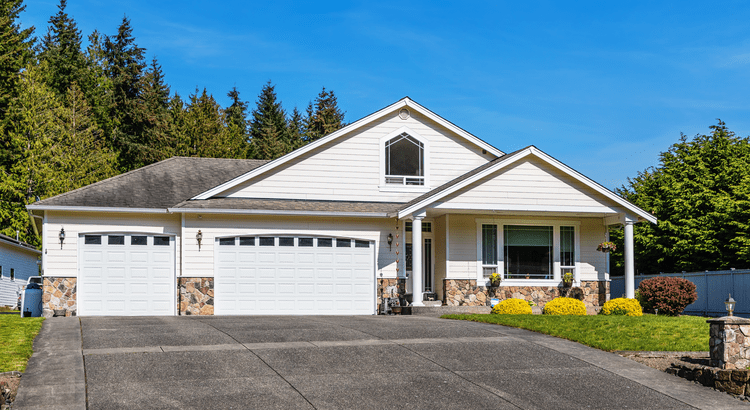
Are You Saving Up To Buy a Home? Your Tax Refund Can Help
You’ve been working on your savings and dreaming of that moment when you finally have keys to a place that’s truly yours. What you might not realize is that your tax return could give you a little extra cash to help you get there sooner. As Freddie Mac notes: “ . . . your tax refund from the IRS can

The Truth About Newly Built Homes and Today’s Market
Headlines are talking about the inventory of new homes and how we’re back at the levels not seen since 2009. And maybe you’re reading that and thinking: oh no, here we go again. That’s because you remember the housing crash of the late 2000s and you’re worried we’re repeating the same mistakes. But

Buyers Have More Negotiation Power – Here’s How To Use It
You may have heard there are more homes for sale right now. And while that’ll vary depending on the market, it means that overall, things are starting to lean in a more balanced direction. As that happens, some sellers are a bit more open to compromise. Here’s what that means for you. You may be reg
Categories
Recent Posts










